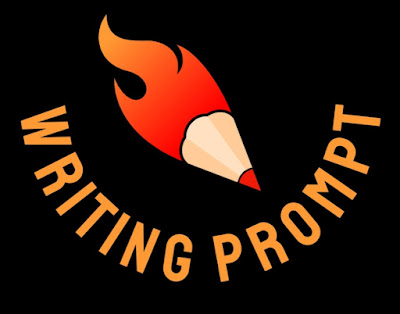Writing Prompt: Blind Date Storyline
These exercises were written by IWW members and administrators to provide structured practice opportunities for its members. You are welcome to use them for practice as well. Please mention that you found them at the Internet Writers Workshop.
____________
Exercise: In 400 words or less, introduce two seemingly unrelated topics and weave the start of an interesting tale. At the outset, tell us the topics, and then use the word count for your work.
____________
The term "blind date" refers to a situation where a date is arranged for two strangers, and they meet for the first time during the date. The event is often arranged by a well-meaning friend who perceives some hidden way they are compatible, and envisions a future with the two living out their years in harmony.
You are that well-meaning friend who will introduce the unrelated topics and show us how they meld together.
So what are "blind date" topics? Here are a few examples:
Multi-level Marketing & Whistle-Blowers - You might show a multi-level marketing setup for whistle-blowers (Amway is an example of multi-level marketing).
Job Interviews & Speed Dating - You might show job interviews performed like speed dating.
Dictator & Correct Change - You might show the dictator of a small nation, stuck at a tollbooth for lack of correct change.
Glance at any newspaper or news website, and you should find plenty of unrelated topics.
____________
Critique: Did the joining of the two topics take you by surprise? Did the writer succeed in drawing you into the tale? What, specifically did you like about the piece? If anything didn't work for you, identify what it was and suggest what might have helped make it better.
____________
Some more writing prompts for you to try.







